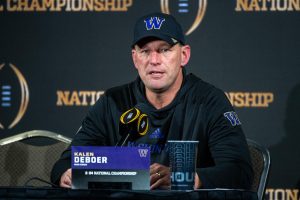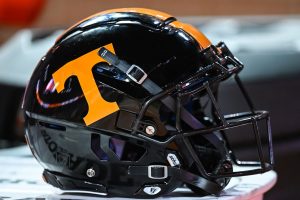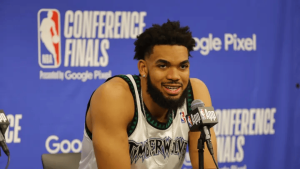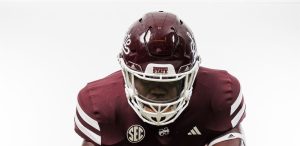
Dave Boling: After a volatile season, where do Pete Carroll and the Seahawks go?

It will be a little strange, but mostly bittersweet, if this marks the end of Pete Carroll’s outstanding career with the Seattle Seahawks—and that is something that deserves to be discussed.
Carroll’s Hawks defeated Arizona 21–20 on Sunday, pulling off another thrilling late comeback victory. This was the third such victory in the previous four weeks.
A commendable burst of skill was unable to offset weeks of incredibly subpar football. Furthermore, the team’s winning record and close playoff exit don’t change the feeling that the team’s trajectory is declining.
The Hawks and San Francisco shared the NFC West Division lead at 6-3 in the middle of November. The Hawks eliminated themselves from the playoffs due to their inability to tackle or defend well enough.
Now, Seattle’s top decision-makers ought to be considering every avenue for improvement.
I detest these columns and am afraid to discuss whether to fire or keep someone.
Those of us outside the building who only see the obvious causes are frequently the ones raising the chorus of blame. Naturally, from fans as well.
Carroll is too old for the position, which is a simple dart to throw. Being a man who is two days older than Pete, I have a personal stake in keeping Pete from being suggested as being past due.
Having observed him at hundreds of practices, I am aware that he is the most energetic coach in any league at any age.
Carroll’s greatest achievement, in my opinion, was introducing a unique individualistic culture into the NFL’s stuffy, collective-identity atmosphere.
The way it enabled Marshawn Lynch to transform from a player viewed as a toxic malcontent in Buffalo into the force behind the Seahawks’ nearly dynastic run was the most striking example.
In a sudden turn of events, Lynch was not only a legendary running back but also a well-liked member of the community. Carroll, in my opinion, was largely to blame for that.
Carroll might be punished at this point for creating irrational expectations. He and Schneider fought against the nearly unavoidable entropy forces in the league that push successful teams toward the middle.
Will Carroll and general manager John Schneider share the job risk and the critical evaluations? With the exception of a spell of hollow draft picks in the late teens that might still have an impact on their depth of talent, Schneider has generally appeared to be a brilliant roster builder.
These turning points have been witnessed by me in Seattle for decades, and they frequently had an air of inevitable consequence. When a critical mass of people are building for change, it is rare that the situation can be saved by using band-aid solutions.
Due to a disagreement with ownership, coach Chuck Knox was so eager to leave that he already had a position lined up with the Los Angeles Rams. He was aware of the impending downturn in Seattle and had no desire to be involved. It was not subtle in the slightest.
Three years later, I was present when the amiable and modest Tom Flores, who was the league’s most popular player, entered the press room and essentially fired himself. He was more aware than any of us of how bad his teams were, but he didn’t think there was much he could do about it.
It made room for the return of Dennis Erickson, a native and national championship college coach who did a creditable job of pulling the Hawks up from the bottom.
I felt that Erickson should not have been fired after just four seasons. In addition to having rising fortunes, he had also been dealt some bad luck and front-office distraction. However, once they did, it made room for Mike Holmgren, who got them into their first Super Bowl game.
Additionally, I wrote that Paul Allen’s firing of Jim Mora, Holmgren’s replacement, after just a year seemed inappropriately abrupt.
However, they had Carroll prepared to take over, a move that marked the beginning of the franchise’s heyday.
Two insights 1) If you’re going to fire the current employee, you better have someone who can make improvements. And 2) I should not be the one giving advice on when to fire a coach.
Coaches can occasionally gain more time by being required to sacrifice one or two coordinators. That is frequently also just a temporary fix for what is coming.
Who decides anything like that? Schneider and Carroll appear to be inescapably linked.
Allen Jody? At some unspecified later date, isn’t she meant to sell the team? Perhaps she would prefer to stay with Pete and wait for a coach to be brought in by a new owner.
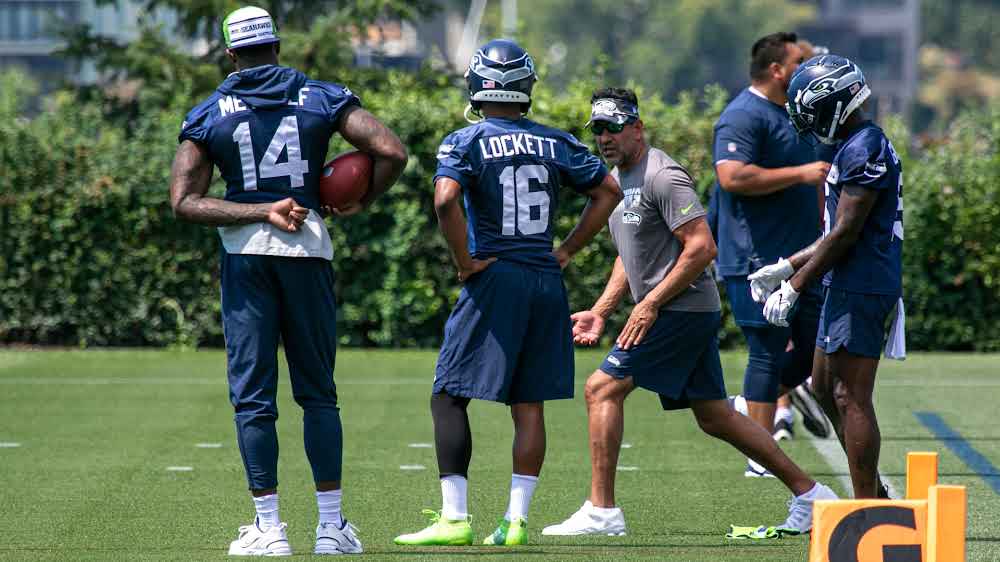
Perhaps Carroll will make the choice. He stated last week that he intended to stay. Perhaps he will reconsider, though. Ultimately, this is a young roster that needs holes filled and may need some schematic modernization.
Carroll is a man with a variety of interests, so it doesn’t seem likely that he would just quit his job. Perhaps it’s time to take a chance. He would be honored similar to a coach deserving of serious consideration for the Hall of Fame.
Perhaps he senses that the moment is right.
However, my judgment of these things is terrible.
